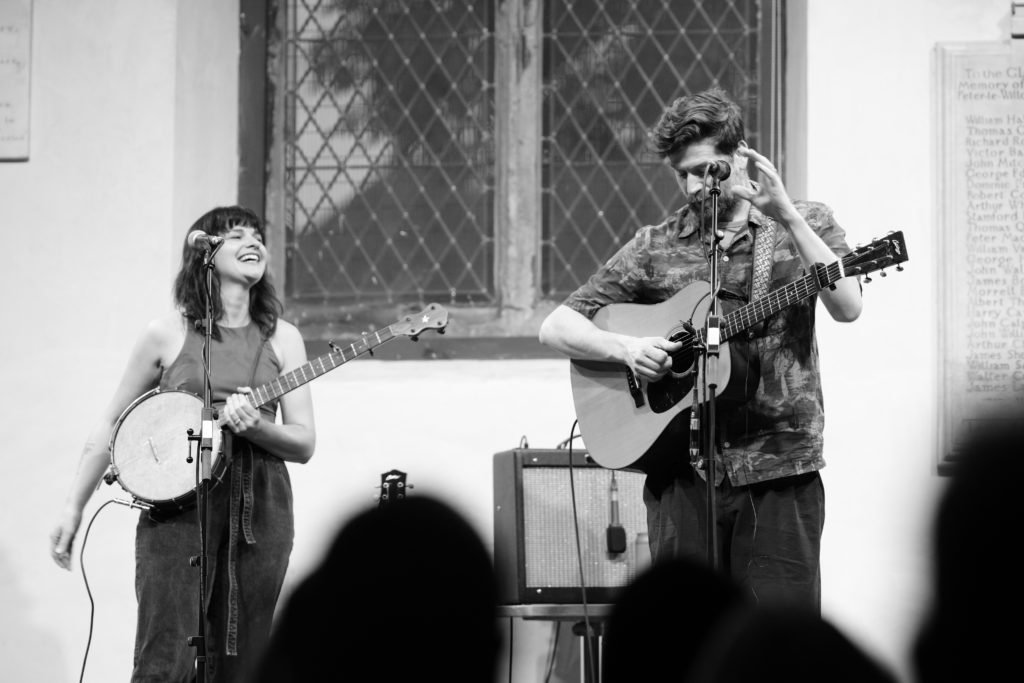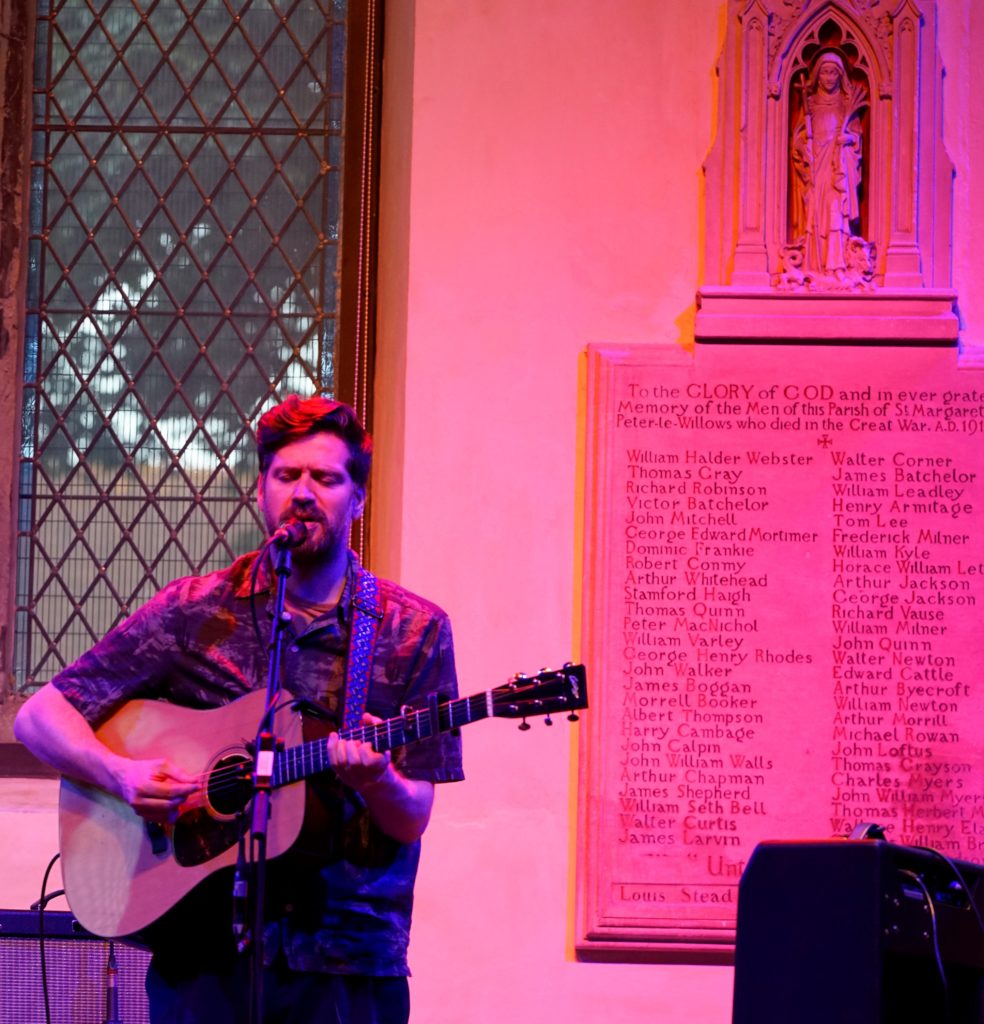
THE Crescent and the Black Swan Folk Club keep finding the sweet spots.
Kris Drever has played in York many times (almost flaunting the fact he’s a Scotsman so close to the city walls after dark, and joking about it too).
He started around 2007 when the protégé was the junior partner and target of Eddi Reader’s jokes. He stole the show that night, and 17 years on he was the epitome of graciousness to Heather Cartwright (a fellow Glasgow resident), who opened for him.
Cartwright has a voice like a bonny sunlit stream. Her material draws on some interesting source material. The striking opening number, Dark Times, uses Bertolt Brecht’s memorable words “In the dark times/will there also be singing? Yes, there will also be singing. About the dark times”.
When Drever later sang “Strong men come, and strong men go” (from I’ll Always Leave The Light On), it was hard not to think they both had a certain president in mind.
As Cartwright relaxed, the performance grew stronger. She had the courage to stop and start her take on The Creggan White Hare again. Like Drever, Cartwright doesn’t just operate in the folk realm, and her closing love song, written from the perspective of a dog to its owner, could capture a billion cynophile hearts if she took it a little further.

Where Cartwright’s ambition occasionally got ahead of her technique, Drever’s playing was precise and beautiful throughout his 80-minute set of 14 tunes. Drever wears his years well, but his Cranmer guitar was still more handsome (another Glasgow link).
The sounds his hands coaxed from it were simply glorious (and didn’t require that much tuning). An absolute highlight was his spare version of the Shetland traditional fiddle tune The Unst Bridal March.
Drever talked about aiming for the universal in his songwriting, and with Hunker Down/That Old Blitz Spirit he caught hold of the Covid zeitgeist. Commissions and collaboration certainly seems to bring the best out of him, but there was no room in the set for the likes of Scatterseed or its close relative Catterline, two of his very finest. Scapa Flow 1919 was a century adrift of any zeitgeist, but that in no way diminished its power.
The set included two new and unrecorded tunes being tested before a live audience, with Save A Space For Me the pick of the crop. He is not one for resting on his laurels, and his breakthrough album, Black Water, had to wait until the encore for an airing.
Assuming Drever ducked the English crossbows after the gig, York would be wise to set their gig-going cross-hairs on him next time he visits. Highly recommended.
Review by Paul Rhodes


